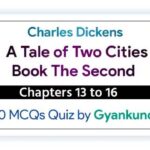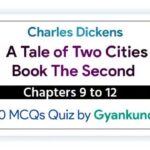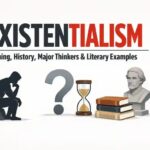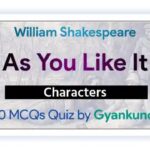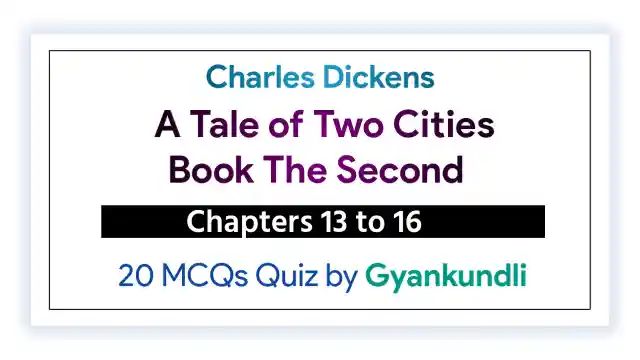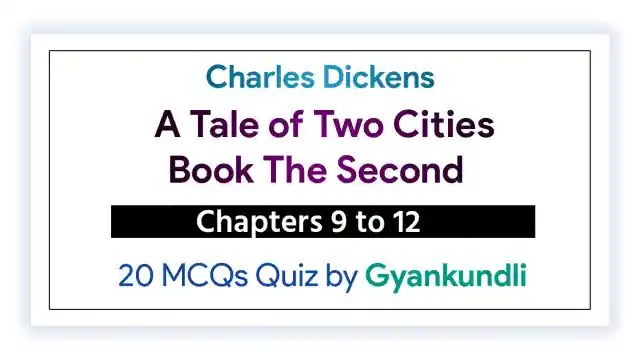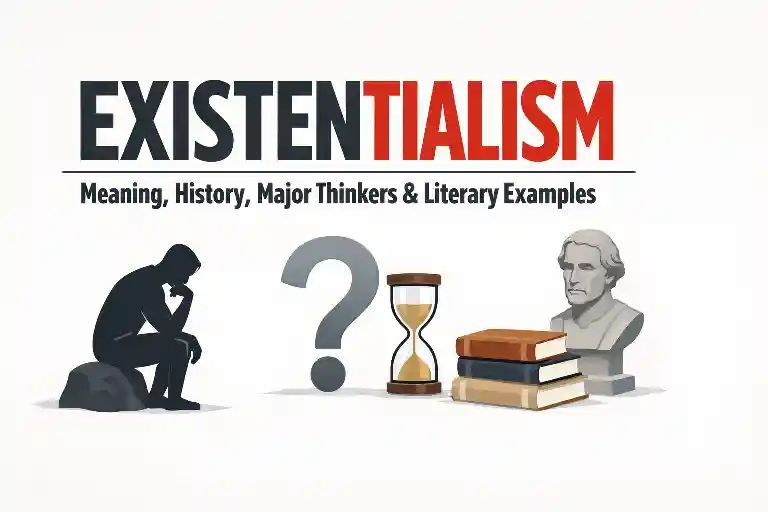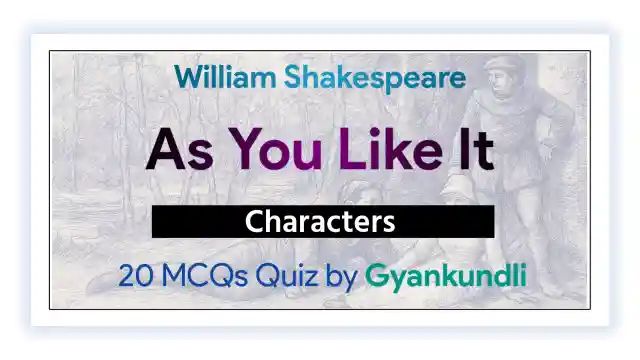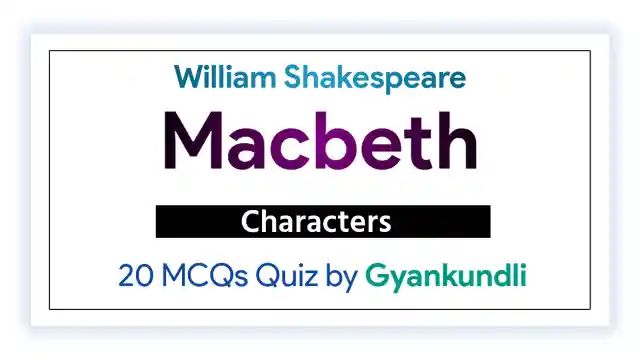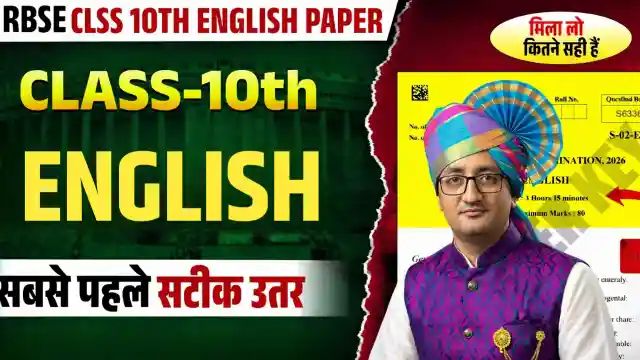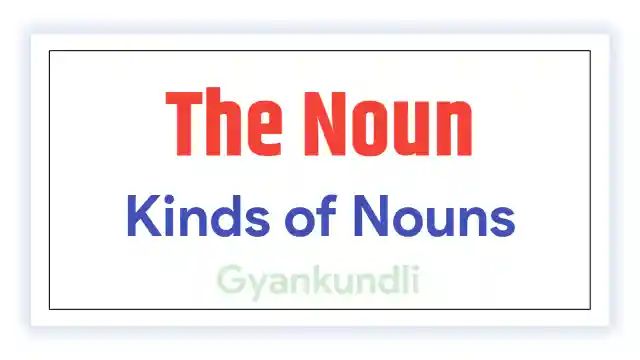RPSC 1st Grade English Answer Key: In this blog post, we have provided the answer key to RPSC 1st Grade English Exam held on 24 June 2025. We have tried our best to avoid mistakes in the answer key, but there may be some sort of mistakes. We will update this article time to time
1. Change into passive voice and choose the correct option given below –
Don’t touch this switch.
(1) This switch is not to be touched.
(2) This switch is not to touch.
(3) You are ordered to touch not this switch.
(4) This switch does not to be touched.
(5) Question not attempted
2. Fill in the blank choosing the correct phrasal verb from the options given below –
She ……………. her parents. (deceived)
(1) let in
(2) took in
(3) give in
(4) brought in
(5) Question not attempted
3. Change the given sentence into Active Voice.
Has the house been made beautiful?
(1) Had you made the house beautiful?
(2) Have you made the house beautiful?
(3) Have you been making the house beautiful?
(4) Did you make the house beautiful?
(5) Question not attempted
4. Select the correct options –
Look! ……………. storks are gobbling up ……………. frogs.
(1) the, x
(2) the, the
(3) x, x
(4) x, the
(5) Question not attempted
5. Change the following sentence from Passive to Active Voice.
He is being looked after by his uncle.
(1) He was looking after his uncle.
(2) He is looking after his uncle.
(3) His uncle is looking after him.
(4) His uncle was looking after him.
(5) Question not attempted
6. Choose the correct Prepositions to fill in the blanks –
It never occurred ……………. me to ask him ……………. proof ……………. his identity.
(1) to, for, of
(2) to, about, of
(3) to, for, about
(4) with, of, for
(5) Question not attempted
7. His car stuck ……………. tree, you can still see the mark on ……………. tree.
(1) a, an
(2) the, the
(3) a, the
(4) the, an
(5) Question not attempted
8. Select the correct option –
She sent ……………. word that she was coming.
(1) an
(2) x (zero)
(3) a
(4) the
(5) Question not attempted
9. Transform the following affirmative sentence into negative sentence without changing the meaning.
Alfred was the best King that ever reigned in England.
(1) No other King as good as Alfred ever reigned in England.
(2) Not Alfred but other King reigned in England.
(3) No other King than Alfred reigned in England.
(4) No other King best than Alfred reigned in England.
(5) Question not attempted
10. Match the Column-A with Column-B and select the correct answer from the options that follow –
| Column-A | Column-B |
|---|---|
| (A) Bring up | (1) Yield |
| (B) Give in | (2) Postpone |
| (C) Put off | (3) Support |
| (D) Stand by | (4) Educate or rear |
Options:
(1) (A)-(3), (B)-(1), (C)-(2), (D)-(4)
(2) (A)-(3), (B)-(1), (C)-(4), (D)-(2)
(3) (A)-(4), (B)-(3), (C)-(2), (D)-(1)
(4) (A)-(4), (B)-(1), (C)-(2), (D)-(3)
(5) Question not attempted
11. Fill in the blanks with the correct forms of the verbs given in the brackets.
I usually ……………. (go) by train, but this weakened I ……………. (go) by bus. It ……………. (take) longer but it ……………. (cost) less.
(1) went, go, takes, costs
(2) go, went, took, costs
(3) go, am going, takes, costs
(4) went, went, took, costed
(5) Question not attempted
12. Fill in the blank choosing a suitable Preposition to complete the Phrasal Verb.
He took ……………. his father.
(1) from
(2) after
(3) before
(4) along
(5) Question not attempted
13. Choose the correct form of tense from the options given below –
Everybody ……………. the rising sun.
(1) worshiped
(2) worship
(3) worshipping
(4) worships
(5) Question not attempted
14. Choose the correct option changing the given sentence into Direct Speech.
Mary asked if there were any letters for her.
(1) “Were there any letters for me?”, Said Mary.
(2) “Is there any letters for me?”, Said Mary.
(3) “Are there some letters for her?”, Says Mary.
(4) “Are there any letters for me?”, Said Mary.
(5) Question not attempted
15. Choose the correct option –
Did the Roman slaves ……………. the right to own property?
(1) have
(2) has
(3) had
(4) had been
(5) Question not attempted
16. Select the correct option to fill in the blank.
Mary decided to ……………. by asking her classmates about their weekend plans.
(1) pull their legs
(2) break the ice
(3) hit the nail
(4) break a leg
(5) Question not attempted
17. Fill in the blank with a correct modal auxiliary according to the meaning given.
She ……………. sit for hours near the window looking at the distant mountains. [Past Habit]
(1) could
(2) would
(3) must
(4) should
(5) Question not attempted
18. Choose the correct form of tense from the options given below –
He ……………. in London for 10 years when I met him last year.
(1) had been living
(2) has lived
(3) have lived
(4) had lived
(5) Question not attempted
19. Fill in the blank choosing a suitable Preposition from the options given below –
We discussed the matter ……………. a cup of coffee.
(1) to
(2) in
(3) over
(4) for
(5) Question not attempted
20. Choose the correct form of verb given in the bracket from the options given below –
This telegram has just arrived and the man ……………. (wait) in case you ……………. (want) to send a reply.
(1) was waiting, want
(2) waits, want
(3) is waiting, want
(4) is waiting, are wanting
(5) Question not attempted
21. Change the following simple sentence into complex.
No one knows the time of his coming.
(1) No one knows that he is coming.
(2) No one knows why he is coming.
(3) Everyone knows the time of this coming.
(4) No one knows when he will come.
(5) Question not attempted
22. Choose the correct meaning of the following idiom from the options given –
Blowing his own trumpet
(1) Touches deeply
(2) Keeping promise
(3) Cry out loudly
(4) Praising himself
(5) Question not attempted
23. Select the correct option –
She’s lost nearly ……………. friend she had.
(1) each
(2) all
(3) either
(4) every
(5) Question not attempted
24. Select the correct option given below –
The council that met in the Town Hall ……………. divided.
(1) will
(2) is
(3) was
(4) were
(5) Question not attempted
25. Fill in the blank with a correct modal auxiliary according to the concept given.
I do not see why you ……………. apologize. (Moral obligation)
(1) should
(2) would
(3) shall
(4) could
(5) Question not attempted
26. Change the following sentence into Interrogative form without change of meaning.
Everyone would love his country.
(1) Would everyone love his country?
(2) Who would not love his country?
(3) Whether his country be loved by everyone?
(4) Would everyone not love his country?
(5) Question not attempted
27. Select the correct option –
When I first met him, he ……………. painting.
(1) is studying
(2) has been studying
(3) was studying
(4) have been studying
(5) Question not attempted
28. Select the correct option –
Is there ……………. one moving about downstairs? I heard ……………. thing falling.
(1) any, any
(2) some, some
(3) who, some
(4) some, any
(5) Question not attempted
29. Transform the given sentence into Direct Speech.
He promised that he’d behave himself.
(1) He promised, ‘I’ll behave myself.’
(2) He promised, ‘I would behave myself.’
(3) He promised, ‘I would behave himself.’
(4) He promised, ‘I must behave myself.’
(5) Question not attempted
30. Match List-I with List-II and select the correct answer by using the code given below the lists –
| List-I | List-II |
|---|---|
| (A) Should | (1) Compulsion |
| (B) May | (2) Moral obligation |
| (C) Will | (3) Permission (Formal) |
| (D) Must | (4) Determination |
Code:
(1) (A)-(2), (B)-(3), (C)-(1), (D)-(4)
(2) (A)-(3), (B)-(2), (C)-(1), (D)-(4)
(3) (A)-(2), (B)-(3), (C)-(4), (D)-(1)
(4) (A)-(3), (B)-(2), (C)-(4), (D)-(1)
(5) Question not attempted
31. Choose the correct Preposition and fill in the blanks –
I’ve lived ……………. this street ……………. ten years.
(1) at, for
(2) in, from
(3) in, for
(4) in, since
(5) Question not attempted
32. Select the correct Phrasal Verb from the options given below –
We ……………. her yesterday.
(1) called on
(2) call in
(3) called up
(4) call at
(5) Question not attempted
33. Transform the given sentence into a compound sentence.
To add to his misfortunes, his father died.
(1) His father died and this added to his misfortunes.
(2) His father died since it added to his misfortunes.
(3) His father died as it added to his misfortunes.
(4) His father died because it added to his misfortunes.
(5) Question not attempted
34. Transform the given sentence into complex sentence and choose the correct option.
The boy was too weak to walk.
(1) The boy was so weak that he could not walk.
(2) The boy was weak therefore he could not walk.
(3) He was weak enough to walk.
(4) The boy was very weak and so he could not walk.
(5) Question not attempted
35. Choose the correct option changing the following sentence into Indirect Speech.
“I had an accident yesterday.”
(1) He said that he had been having an accident yesterday.
(2) He said that he had had an accident the day before.
(3) He said that he had an accident the day before.
(4) He said that he was having an accident yesterday.
(5) Question not attempted
36. Change the following sentence into Negative form without changing the meaning.
You are more intelligent than I.
(1) You are not so intelligent than I.
(2) I am not intelligent than you.
(3) You are not more intelligent than I.
(4) I am not so intelligent as you.
(5) Question not attempted
37. Select the correct Preposition from the given options to fill in the blank –
I’ll agree ……………. your suggestion if you lower the price.
(1) on
(2) at
(3) with
(4) to
(5) Question not attempted
Read the following passage carefully and answer Qs. 38-41, Choosing the correct option –
The great advantage of early rising is that one can start one’s work long before others. The early riser has done a large amount of hard work before other men have got out of bed. In the early morning the mind is fresh and no sounds or noises disturb our attention. The work done at that time is generally well done. Also one finds time to take some exercise in the fresh morning air. Exercise supplies him with a good deal of energy that enables him to work hard until the evening. By beginning so early, he knows that he has plenty of time to do his work thoroughly. He has not to hurry over any part of his work. He gets to sleep long before midnight. At that time sleep is most refreshing. After a sound night’s rest, he rises early next morning in good health for the labour of a new day.
38. Being an early riser has the following advantages –
(A) More time at one’s disposal
(B) Is more refreshing
(C) Can afford to sleep late in the night
(1) (A) & (C) are correct
(2) (A) & (B) are correct
(3) (B) & (C) are correct
(4) (A), (B) & (C) are correct
(5) Question not attempted
39. The word ‘sound’ in the phrase ‘a sound night’s rest’ from the passage means –
(1) early
(2) noisy
(3) snoring
(4) deep
(5) Question not attempted
40. What according to the passage is the atmosphere for the early riser? Choose the correct option –
(A) It is serene
(B) Refreshing
(C) Indolent
(1) (B) & (C) are correct
(2) (A) & (B) are correct
(3) (A), (B) & (C) are correct
(4) (A) & (C) are correct
(5) Question not attempted
41. At what time is the sleep most refreshing (according to the passage)?
(1) Sleeping eight hours a day.
(2) Sleeping well before midnight.
(3) In the early morning hours.
(4) In the afternoon nap.
(5) Question not attempted
42. “I’ll put myself in poor and mean attire. And with a kind of umber Smirch my face. The like do you. So shall we pass along.”
Who speaks these lines and to whom in the play “As You Like It”?
(1) Celia to Rosalind
(2) Duke Senior to Jaques
(3) Rosalind to Celia
(4) Audrey to Phoebe
(5) Question not attempted
43. ……………… is a mode of speech in which the real meaning is exactly the opposite of that which is literally conveyed.
(1) Irony
(2) Hyperbole
(3) Oxymoron
(4) Synecdoche
(5) Question not attempted
44. In which one of the following sentences, stress on the word, ‘record’ is CORRECT –
(1) I want to complete my Science re’cord.
(2) A Seismograph is a device that measures and re’cords the intensity of earthquakes.
(3) The country is making a colossal effort to improve its human rights re’cord.
(4) The investigators have the authority to examine the company’s re’cords.
(5) Question not attempted
45. Choose the correct option showing the order/sequence of the different parts in a formal letter from the choices given below –
(A) Subject
(B) The Heading
(C) The Salutation
(D) Subscription
(E) The Signature
(F) Body of the letter
Options:
(1) (A), (B), (C), (F), (D), (E)
(2) (B), (C), (A), (F), (D), (E)
(3) (A), (B), (F), (C), (E), (D)
(4) (B), (C), (F), (A), (E), (D)
(5) Question not attempted
46. What relationship does Maya have with her father in Cry the Peacock?
(1) Indifferent
(2) Close and affectionate
(3) Hostile
(4) Distant and strained
(5) Question not attempted
47. Which statement is true in relation to code-switching?
(1) Creating a new language by blending two languages
(2) Speaking one language for half the conversation
(3) Speaking a dialect unfamiliar to the listener
(4) The practice of changing from one language to another in a conversation
(5) Question not attempted
48. What is the best practice for addressing a woman when the marital status is unknown in a formal letter?
(1) Ms.
(2) Mrs.
(3) Madam
(4) Miss
(5) Question not attempted
49. What theme does the final line of “The Fire Sermon”, “O Lord Thou pluckest me out” reinforce?
(1) The inevitability of war
(2) The acceptance of modern materialism
(3) The possibility of spiritual redemption
(4) The celebration of rebirth
(5) Question not attempted
50. What does Petey say to Stanley when he is being taken by Goldberg and McCann towards the end of the play?
(1) “You have not done anything wrong”
(2) “I will call the police”
(3) “You don’t belong here”
(4) “Don’t let them tell you what to do”
(5) Question not attempted
51. “I have as much of my father in me as you, albeit I confess your coming before me is nearer to his reverence”
These lines have been spoken by –
(1) Oliver to Touchstone
(2) Orlando to Oliver
(3) Orlando to Adam
(4) Frederick to Oliver
(5) Question not attempted
52. Which one of the following is not a part of an informal letter?
(1) The Heading
(2) Subject
(3) Body of the letter
(4) Subscription
(5) Question not attempted
53. In the poem “Ode on a Grecian Urn”, Keats reflects on –
(1) the quest for identity and fame amidst the turmoil of human existence.
(2) the pride of the West, celebrating its art, beauty, history and resilience.
(3) the eternal quality of art and the fleeting nature of human love and happiness.
(4) the Greek history, culture and the passionate desire for salvation.
(5) Question not attempted
54. Why was Mali put into a lock-up in chapter 13 of the novel?
(1) He had packets of Drugs.
(2) He was carrying cartloads of wine in the car.
(3) Half a bottle of alcohol was found in his car.
(4) He was driving at a speed of 100 km/hr.
(5) Question not attempted
55. Which of the following assertions about Stanley are correct?
(i) Stanley represents a postmodern human being symbolizing the absurdity of human life.
(ii) His existential suffering is augmented by the violence, both mental and physical, which creep into his life with the infiltration of Goldberg and McCann.
(iii) The play is post-modernist because there are no insights into future life.
Options:
(1) (i) & (ii)
(2) (i) & (iii)
(3) (i), (ii) & (iii)
(4) (ii) & (iii)
(5) Question not attempted
56. Michael Henchard sells his wife and child for ……………. guineas to a ……………. named ……………. (The Mayor of Casterbridge)
(1) fifty; driver; Newton
(2) hundred; ship-owner; Newlyn
(3) five; sailor; Newson
(4) ten; pilot; Newman
(5) Question not attempted
57. Choose the correct phonetic transcription of the word – Relationship
(1) /relɪʃnsheep/
(2) /rɪleɪʃnʃɪ/
(3) /releɪ:shi:p/
(4) /rɪleɪʃnʃɪp/
(5) Question not attempted
58. In Kamala Das’s poem “Dance of the Eunuchs” the Eunuchs had tattoos on –
(1) legs
(2) braids
(3) arms
(4) cheeks
(5) Question not attempted
59. What was the name of the book by Jagan which had been in the press for years?
(1) Nature diet and Nature cool cure
(2) Natural diet and cure
(3) Natural cure with Nature Dietetics
(4) Nature Cure and Natural Diet
(5) Question not attempted
60. Which of the following statements regarding an epic – simile is correct?
(A) They are formal sustained similes
(B) They are elaborate similes
(C) They are also called virgilian similes
Options:
(1) (B) and (C) are correct
(2) (A) and (B) are correct
(3) (A) and (C) are correct
(4) (A), (B) and (C) are correct
(5) Question not attempted
61. “The earth hath bubbles as the waters has, And these are of them. Whither are they vanished?”
Who speaks these lines in the play ‘Macbeth’?
(1) Banquo
(2) Macbeth
(3) Angus
(4) Ross
(5) Question not attempted
62. The source of the play ‘Macbeth’ is from –
(1) Holinshed’s chronicles of England, Scotland and Ireland.
(2) Holy Andreas, “chronicles of fear”
(3) Chaucer’s, The Ploughman’s Adventures
(4) St Andrews, Gentis Scotorum
(5) Question not attempted
63. Why did Jagan not like the idea of having a telephone in the house?
(1) He thought his son would waste time in talking to friends
(2) He did not trust the modern technology
(3) Malgudi being a small town everyone was at shouting distance
(4) He thought it was a wastage of money
(5) Question not attempted
64. Which feature is typical of pidgin languages?
(1) Tonal distinctions
(2) Rich inflectional morphology
(3) Simplified grammar and limited vocabulary
(4) Use of ancient scripts
(5) Question not attempted
Discover more from Gyankundli
Subscribe to get the latest posts sent to your email.

